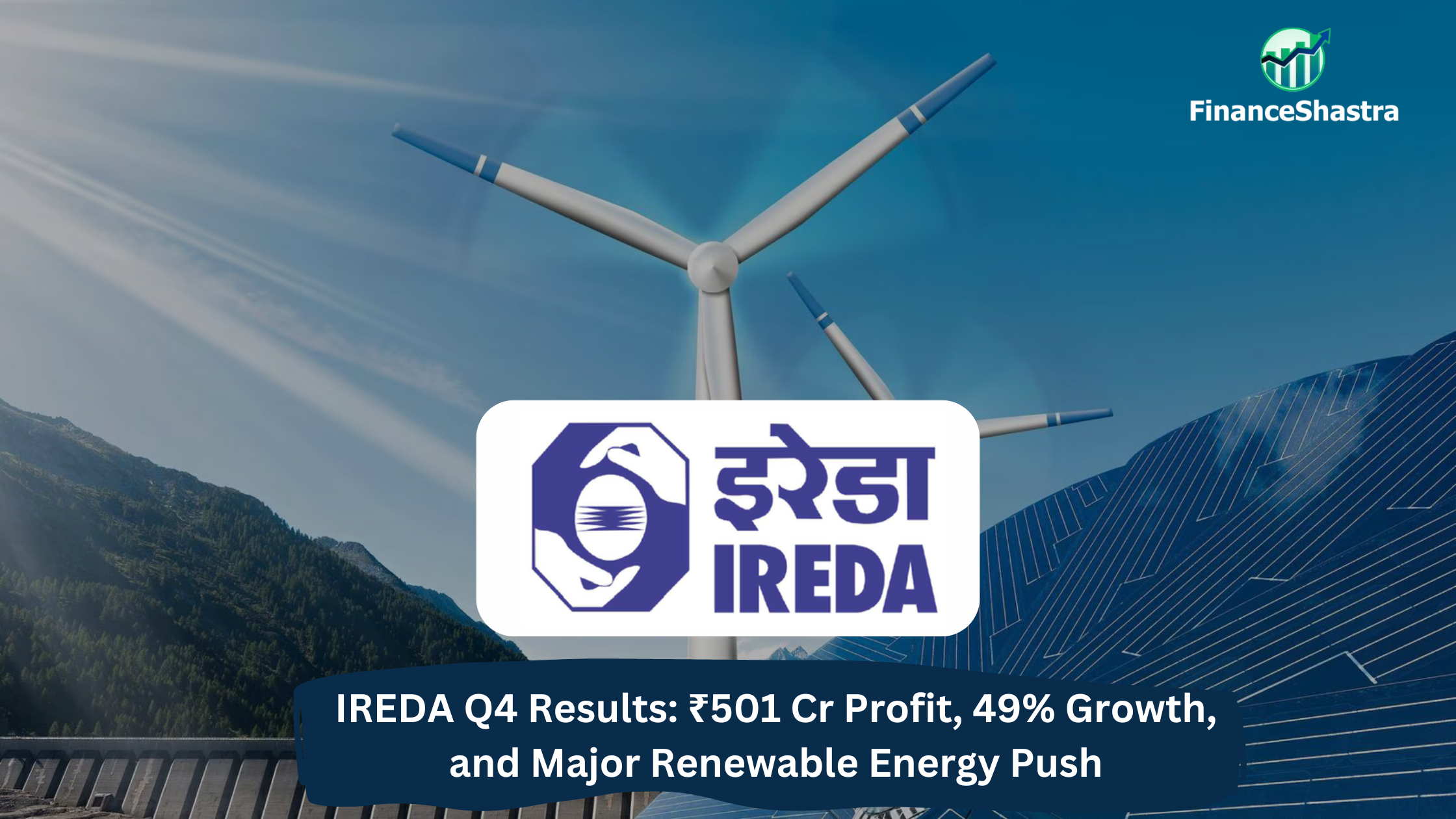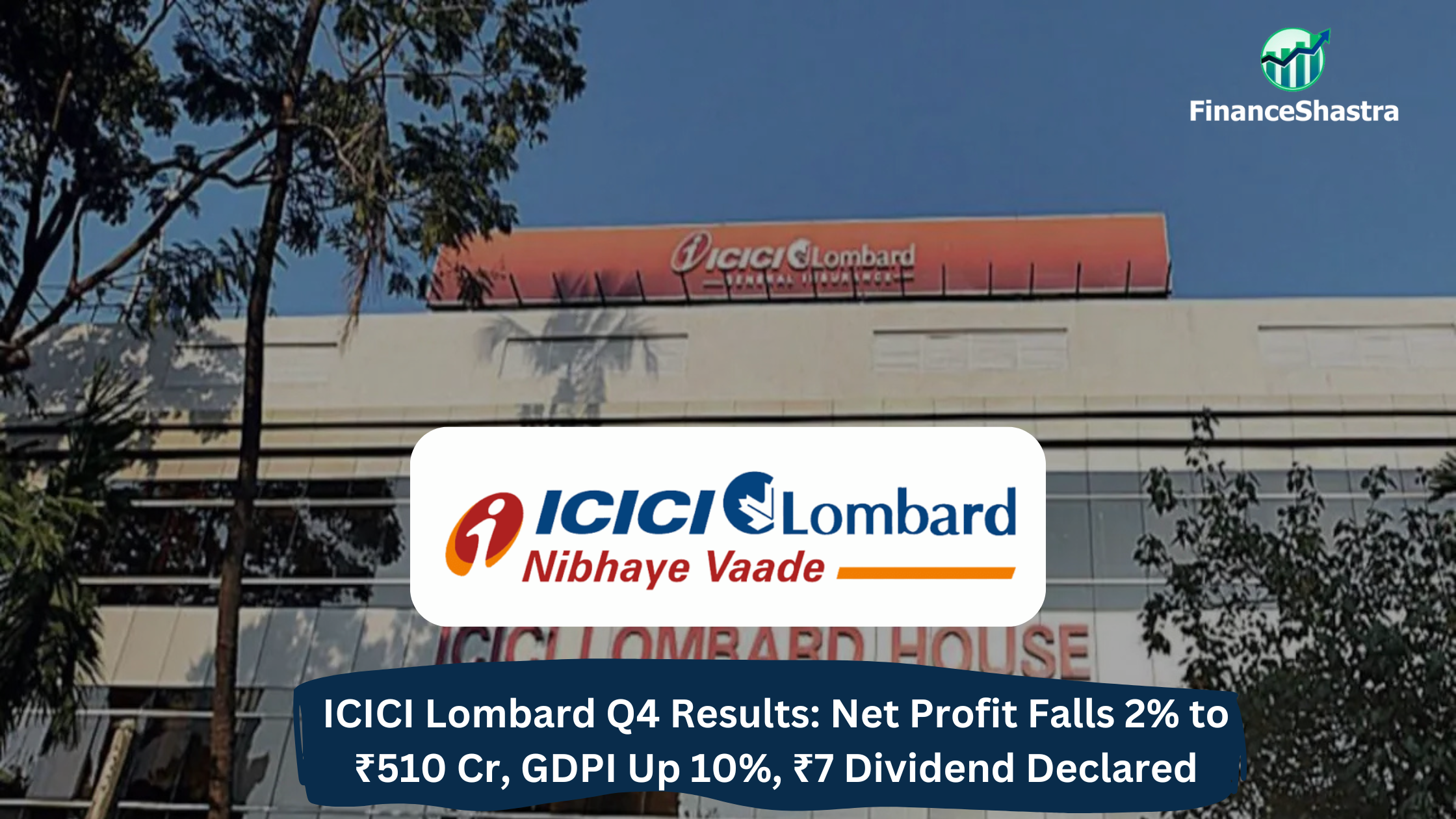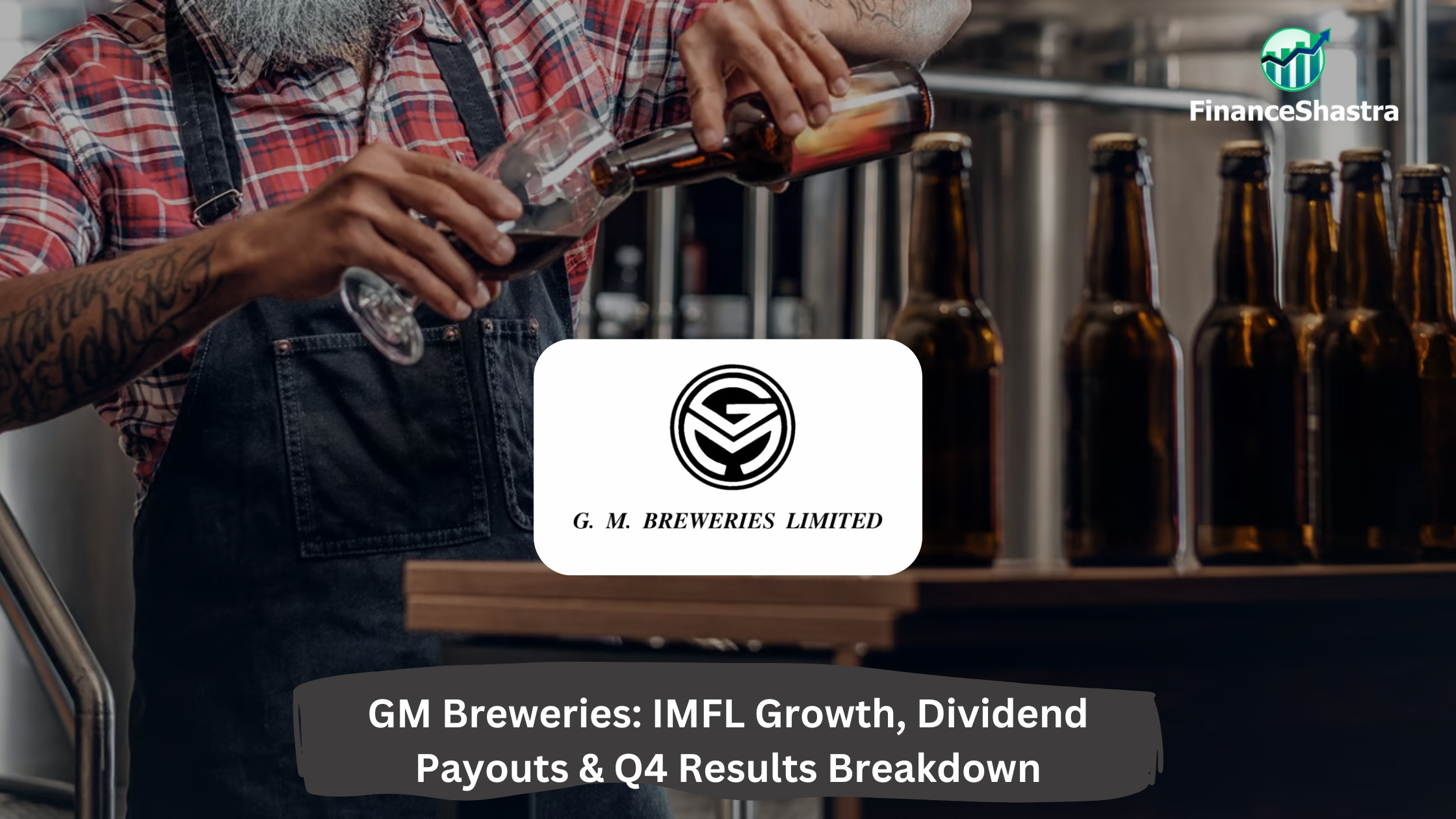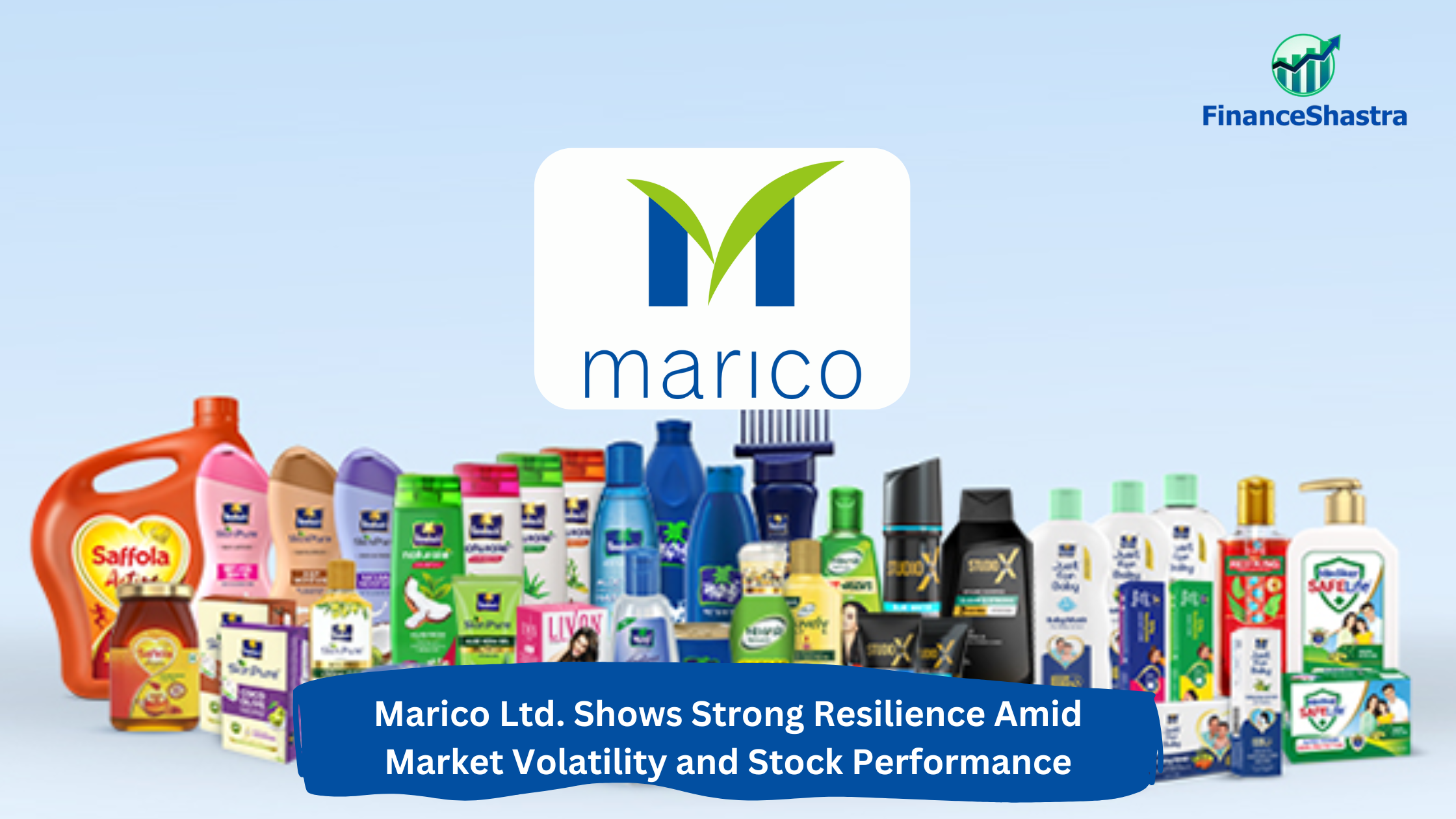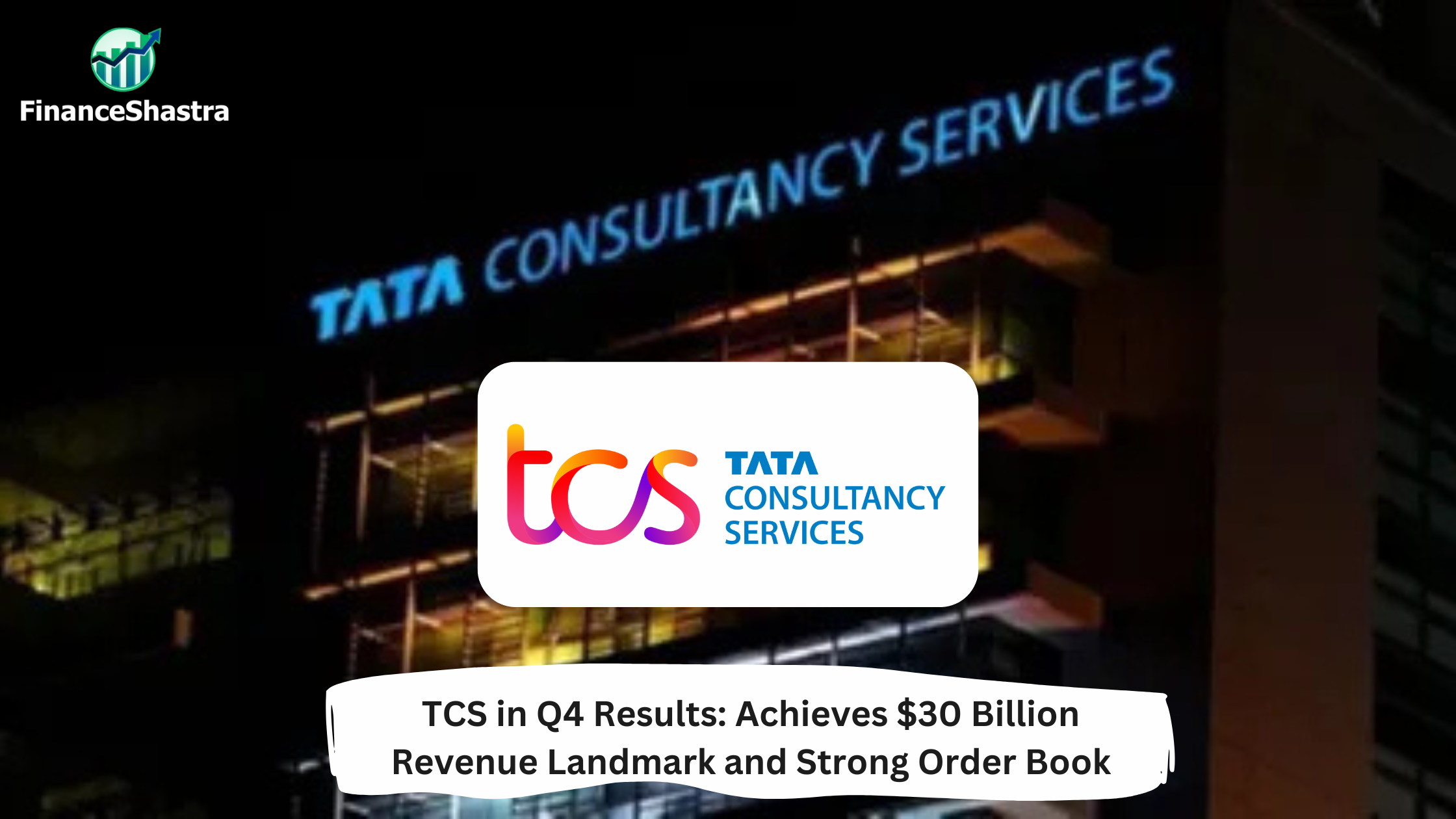IREDA Q4 Results: ₹501 Cr Profit, 49% Growth, and Major Renewable Energy Push
Business and Industry Overview:
Indian Renewable Energy Limited (IREL) and the Indian Renewable Energy Development Agency (IREDA) are both working towards clean energy in India. IREL is a private company that focuses on solar energy projects and explores new investments in power generation. It helps set up rooftop solar plants and looks for ways to grow in the renewable sector. IREDA, on the other hand, is a government-backed financial institution. It provides loans and financial help to projects related to solar, wind, hydro, and energy efficiency. IREDA was set up in 1987 and works under the Ministry of New and Renewable Energy (MNRE). Both organizations aim to make renewable energy more affordable and accessible. They want India to use cleaner power sources, reduce pollution, and move towards a sustainable future. The government is focusing a lot on solar energy. In the 2024-2025 budget, they increased the money for building solar power grids to Rs. 8,500 crore (US$ 1.02 billion), which is double what they spent the year before. The government is also supporting clean energy like green hydrogen and electric vehicles (EVs). Indian companies plan to invest Rs. 67,42,400 crore (US$ 800 billion) in these areas.
IREDA is a strong player in India’s renewable energy market. It gets a lot of support from the government, which helps it provide loans and funding for clean energy projects. IREDA has been around since 1987 and is known for helping build projects in solar, wind, and energy efficiency. It works closely with the government’s plans to increase clean energy in the country. IREDA also has a good reputation for being reliable and transparent in its work. As the demand for renewable energy grows, IREDA is in a good position to keep helping develop new energy sources, even though new private companies are entering the market.
Latest Stock News:
On April 16, 2025, IREDA’s share price went up by 7%. This happened after the company shared its results for the January to March 2025 quarter (Q4 of FY25).
In this time, IREDA made a profit of ₹501.55 crore. This profit is 49% more than the profit of ₹337 crore in the same quarter last year (January to March 2024). This shows the company earned much more money this year.
The company’s total income also grew by 37%. It increased from last year and reached ₹1,905.06 crore. This income came from its main business — giving loans for clean energy projects like solar, wind, hydro, and others.
IREDA also said that its loan book became bigger. It gave out more loans during the full year. The loan book grew by 28% and reached ₹76,250 crore. This means more people and companies are taking loans from IREDA to work on renewable energy projects.
Because of all this good news, many investors started buying IREDA’s shares. This made the share price go up by 7% on April 16. One day before, on April 15, the share price had already gone up by more than 9%. In the last one month, the stock has gone up by over 20%. But it is still 24% down for the full year.
Segmental information:
IREDA works in two main areas to support clean energy in India.
1. Financing Activities: IREDA gives loans to people, companies, and organizations. These loans help build renewable energy projects. The projects include solar power, wind power, hydro power, and biomass energy. IREDA helps people buy equipment for these projects too. It also gives loans to companies that make clean energy products. For example, if a company wants to build a solar power plant, they need a lot of money. IREDA can lend them the money to start the project. The company will pay back the loan in small amounts over time. IREDA also gives money for energy-saving projects. These projects help save energy and reduce waste. All of these projects help India use more clean energy and reduce pollution.
2. Power Generation: IREDA is also involved in making electricity. It works on renewable energy projects that produce power. IREDA helps build solar farms and wind farms that generate electricity. The electricity from these farms is used by homes, businesses, and industries. This helps supply clean energy to the country.
Subsidiary Information:
1. IREDA Global Green Energy Finance IFSC Limited: This company was started on May 7, 2024. It is in GIFT City in Gujarat. This area helps companies grow their financial work easily. The job of this company is to help invest in clean energy projects. It will give money to projects that use solar energy, wind energy, and other renewable sources. It will also support projects that save energy and use green technologies. This company will work not just in India but also in other countries. The main goal is to make clean energy cheaper and available to more people.
2. New Subsidiary for Retail and B2B: IREDA also got approval from the government to start another subsidiary. This new company will focus on two areas:
- Retail: It will offer clean energy solutions to homes and small businesses.
- Business-to-Business (B2B): It will help big companies and industries with renewable energy projects.
Q4 Highlights:
- IREDA made a profit of ₹501.55 crore for the fourth quarter of FY25, which is a growth of about 49% compared to ₹337 crore in the same period last year (Q4 FY24).
- The company’s revenue increased by 37%, reaching ₹1,905.06 crore.
- IREDA’s net interest income grew sharply by 47%, rising to ₹801 crore from ₹544 crore in Q4 FY24.
- The company’s asset quality has declined slightly. The Net NPA margin rose from 0.99% in Q4 FY24 to 1.35% in Q4 FY25, but it decreased from 1.5% in Q3 FY25. The Gross NPA margin stood at 2.45%.
- The company’s board has approved a borrowing plan of ₹30,800 crore for the financial year 2026.
- On April 16, 2025, IREDA’s shares were up by 7.20%, trading at ₹179. However, the stock is down by 20% for the year and has fallen 42% from its peak of ₹310.
Financial Summary:
| Amount in ₹ Crore | Q4 FY24 | Q4 FY25 | FY23 | FY24 |
| Revenue | 1,904.00 | 1,391.00 | 4,965 | 6,742 |
| Expenses | 170.00 | 56 | 85 | 471 |
| EBITDA | 630 | 488 | 1,716.00 | 2,130.00 |
| OPM | 33% | 35% | 35% | 32% |
| Other Income | 11 | 0 | -1 | 12 |
| Net Profit | 502.00 | 337.00 | 1,252 | 1,699 |
| NPM | 26.37 | 24.23 | 66.46 | 56.48 |
| EPS | 1.87 | 1.26 | 4.66 | 6.32 |

